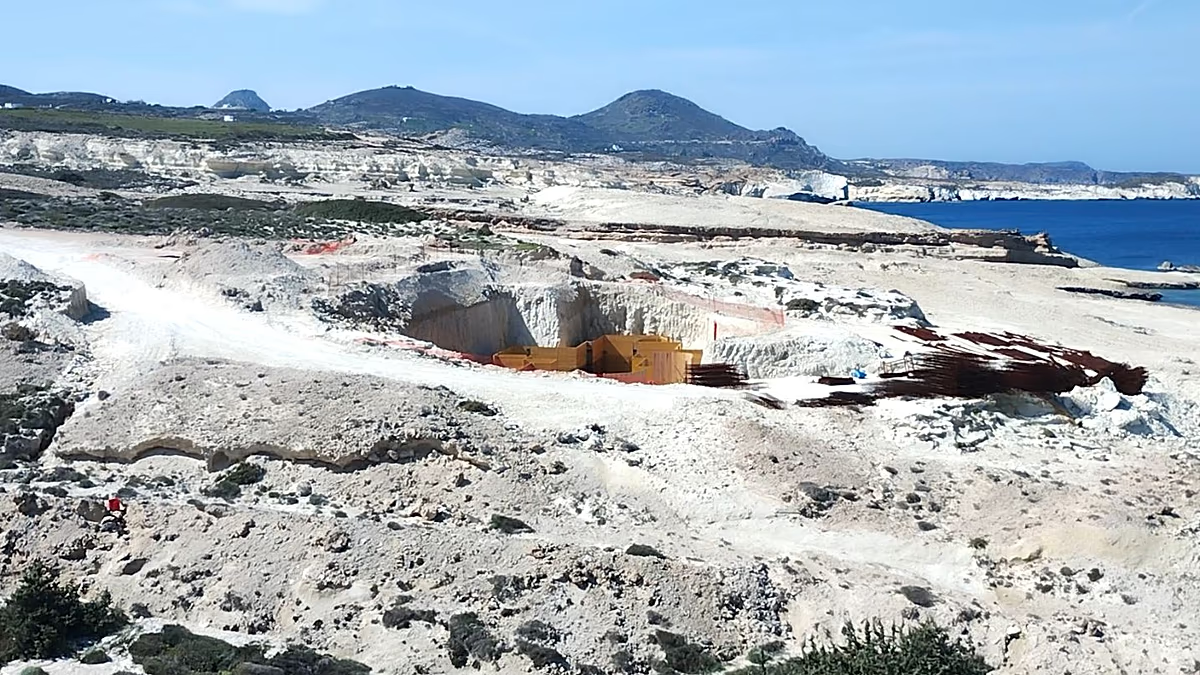Osiel Cárdenas Guillén, a notorious figure in Mexico’s drug trafficking landscape, has been deported from the United States and handed over to Mexican authorities after serving 14 years of a 25-year sentence in U.S. prisons. His extradition to Mexico marks the next chapter in a criminal saga that has spanned decades and left a trail of violence and bloodshed in its wake. Cárdenas Guillén’s story is a complex tapestry woven with threads of power, brutality, and the enduring battle against drug cartels.
Cárdenas Guillén’s rise to infamy began with his leadership of the Gulf Cartel, a powerful drug trafficking organization operating out of the border cities of Reynosa and Matamoros. During his reign, the cartel moved tons of cocaine into the United States, generating vast sums of money and cementing Cárdenas Guillén’s status as a major player in the international drug trade. His ruthless tactics and willingness to eliminate rivals, even those within his own organization, earned him the chilling moniker “El Mata Amigos,” or “The Friend Killer.” This reputation for violence foreshadowed the even more brutal chapter that was to come with the formation of the Zetas.
The Zetas, originally composed of former Mexican special forces soldiers, were recruited by Cárdenas Guillén to serve as the Gulf Cartel’s enforcement arm. Their military training and lack of compunction transformed them into a terrifying force, escalating the level of violence in Mexico’s drug wars. Under Cárdenas Guillén’s direction, the Zetas became notorious for their gruesome displays of brutality, which included massacres, beheadings, and the public dumping of dismembered bodies. These acts of terror served not only to intimidate rivals but also to destabilize entire regions of Mexico, sowing fear and chaos in their wake.
Cárdenas Guillén’s capture in 2003 marked a significant victory in the fight against drug trafficking. His subsequent extradition to the United States in 2007 further solidified the cooperation between the two countries in combating organized crime. During his time in U.S. custody, Cárdenas Guillén was convicted on multiple charges, including threats against federal agents, and ordered to forfeit $50 million in illicitly gained assets. His imprisonment was seen as a symbolic blow against the impunity often enjoyed by drug kingpins.
Despite his incarceration in the U.S., Cárdenas Guillén’s influence continued to be felt in Mexico, as the Zetas, now operating independently from the Gulf Cartel, continued their reign of terror. The group’s involvement in drug trafficking, extortion, kidnapping, and human smuggling fueled widespread violence and instability, contributing to the ongoing security challenges facing Mexico. The repatriation of Cárdenas Guillén raises questions about the potential impact on the current drug landscape. Some fear his return could reignite old rivalries and spark further violence, while others believe his influence has waned during his years behind bars.
Now back in Mexico, Cárdenas Guillén faces new charges related to drugs, organized crime, and money laundering. He has been placed in the Altiplano maximum-security prison, a facility designed to hold the country’s most dangerous criminals. His return to Mexico marks a new phase in his criminal saga and raises important questions about the future of the drug war and the ongoing efforts to combat organized crime. The long-term consequences of Cárdenas Guillén’s return remain to be seen, but his presence will undoubtedly be a factor in the ever-evolving dynamics of Mexico’s criminal underworld.










